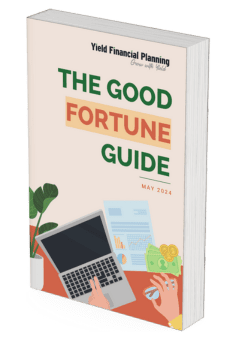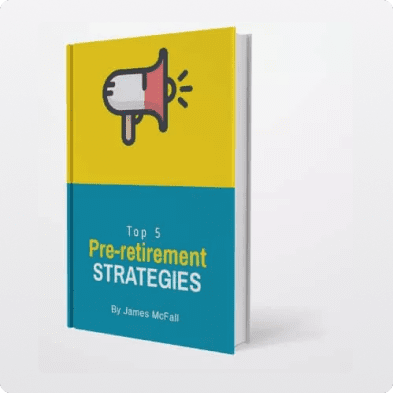As the current financial year draws to a close, it’s time to begin thinking about the various approaches you can take to reduce your tax bill and improve your investment position. The end of financial year is a stressful time for most, which is why we recommend taking this time to work alongside your financial advisor to implement suitable strategies that benefit you and your superannuation.
Provided in the text below are five recently revised ways in which a financial advisor can assist you in leveraging your finances when it comes to EOFY.
Making Tax Deductible Super Contributions
If you are an employee, it is likely that you are already receiving Superannuation Guarantee Contributions (SGC). However, it is also probable that you are not reaching the concessional contribution cap of $27,500 (this 2022 financial year), unless your employer is paying you above their obligation.
If you are under the age of 67, you are eligible to contribute funds to your super, ensuring that you notify your super fund of your intent to claim the contribution as a tax deduction upon doing so. If you are over the age of 67 it remains important that you meet a work test. This pre-requisite remains in place until next financial year, when the age will be changed to 75.
The amount you can contribute is equal to that of the concessional contribution cap with the exclusion of any SGC and other tax-deductible contributions you have made throughout the financial year, such as salary sacrifice. Upon making a tax-deductible super contribution, your taxable income will be reduced, and your superfund would in-turn pay 15% contributions tax depending on your earnings. This can lead to a significant amount of tax being saved, which then goes towards the retirement savings in your super. It is integral to make note of the fact that you then cannot access your super until you reach preservation age and/or meet a condition of release.
In the situation that you are self-employed, the way in which your income is structured will determine whether you need to factor SCG and salary sacrifice into the equation.
Using Concessional Catch-up Rules in Super to Manage Capital Gains Tax
Similar to the point above, a tax-deductible super contribution can work to reduce your personal tax paid, which then goes towards your retirement savings. It can be greatly beneficial to time a contribution in-line with a year that you incur capital gains, with the reason being your taxable income is likely to be higher. If your super balance was below $500,000 at the end of the last financial year, you may be eligible to catch up any unused concessional contribution caps from the 2018/19 financial year onwards. It is of importance to consider that the concessional cap was lower across the past financial years. By utilising the catch-up concessional contribution rule in a year in which you make a capital gain can be an effective way to reduce a potentially large amount of additional tax depending on your circumstance.
Implementing a Recontribution Strategy
The recontribution strategy can result in less tax being paid when the benefits are paid to non-dependents (like adult children), following your death. It changes the structure of your retirement savings, reducing the taxable component of your superannuation and increasing the ‘tax-free’ component.
This strategy first involves taking a lump sum withdrawal from your superannuation account. Then using your after-tax money, the funds are put back into super as a non-concessional contribution.
Pre-pay Income Protection Premiums and Reduce This Year’s Tax
Income protection insurance is be tax deductible when paid. If you personally pay your income protection insurance, your insurer may allow you to pre-pay your policy in order to bring forward your tax deduction. It may be worth re-visiting this concept in a year that your income is expected to be higher than usual (making a capital gain), with the aim of reducing it.
Offsetting a Capital Loss Against a Capital Gain
Consideration may be granted to selling assets in a loss position, in a bid to offset any assets you are selling in a gain position. With this being said, each investment requires to be reviewed on its own merit, as selling simply for tax purposes doesn’t always fit the situation, although it can be a great way to reduce capital gains if required.
Reviewing Asset Purchases for Tax Deductions
If you are self-employed, purchasing assets for business/employment purposes can be tax deductible. This logic is also applicable on occasion to those who aren’t self-employed. You may find that some assets need to be depreciated over several years while others can be written off entirely in the year that they were purchased.
Purchasing something you need, perhaps even slightly sooner than required, could make sense from a financial perspective if the deduction is in a high-income year. It remains of significance to examine the rules with an accountant prior to proceeding, to ensure that the deduction is allowable, as tests, limits, and thresholds do apply.
Yield Financial Planning is Here to Help
We hope this provided you with some guidance in regards to the many approaches to take as the end of financial year closes in. If you have any queries or require assistance with any of the topics above, please feel free to get in touch with one of our financial advisors.
Important Note


















